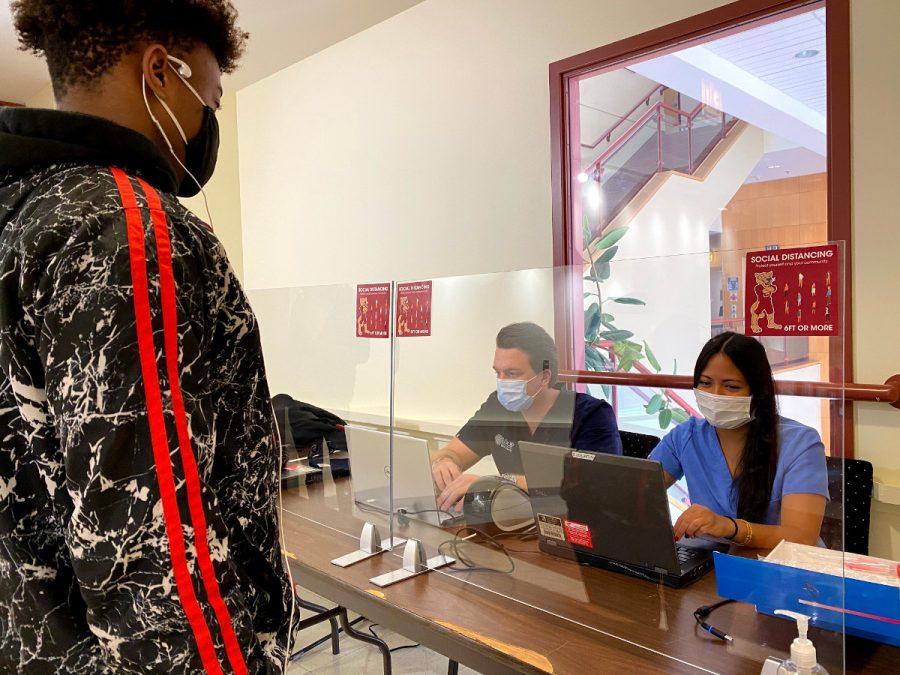Written by Mattie Rametta and Karina Kosmala
As the COVID-19 pandemic continues, there have been 1,200 COVID-19 scams reported targeting both children, college students, and business professionals as of April 2, 2020. Scammers have increased sending emails, as well as interrupting virtual meetings such as Zoom meetings and sending pornographic content to users.
Good Cyber Hygiene
In order to practice “Good Cyber Hygiene,” the FBI recommends users to abstain from putting information that can be used as security questions, as well as the location on social media. A way to spot an email that is sent by scammers is to check for misspellings if they are rushing you to email them back, if they are asking for a donation of gift cards from other companies, and if they are asking for private information like your Social Security Number and date of birth. If someone sends you an email that looks like it came from your employer, the FBI recommends calling the person to make sure to call the person to confirm their request. So if it comes in an email, they are asking for money, and/or rushing you then it is most likely a scam.
If you receive an email that looks like a scam do not press any links within the email. Don’t continue to email back and forth. Cut off the line of communication to report the incident. Report scam cases to the FBI at https://www.ic3.gov/default.aspx or call 1-800-call-FBI, and follow the FBI on Twitter for notifications about the scammers and follow the IRS Twitter account for scams as well.
Children and the FBI
Young adults and children, middle-school aged children, are the most vulnerable, and more likely to encounter sexual exploitation online because of their high internet use and the exception of them being out of school. The FBI recommends that parents should have conversations with their children about appropriate websites that they can visit online. One way to educate children about online safety, the FBI recommends checking out their website, “FBI Safe Online Surfing,” https://sos.fbi.gov/en/ , as well as teaching children about maintaining “appropriate contact” with adults. Have open conversations with your children and ask how they’ve spent their time online. Most devices have the option to set strict privacy settings in order to stop your child from being somewhere unsafe.
Elderly
The elderly are also a vulnerably inclined group to scams. Common scams are romance scams where the person will target people to send money focusing on single, older parents. To help inform older or elderly people in your life, the most important thing is to start the conversation. Elderly members of the community often feel ashamed or nervous to admit that they have been scammed for fear that it will have adverse consequences or that their competence will come into question. Use infographics and try to be understanding, it’s embarrassing to have been taken advantage of. Encourage them to report the incident and help them to do so.






























